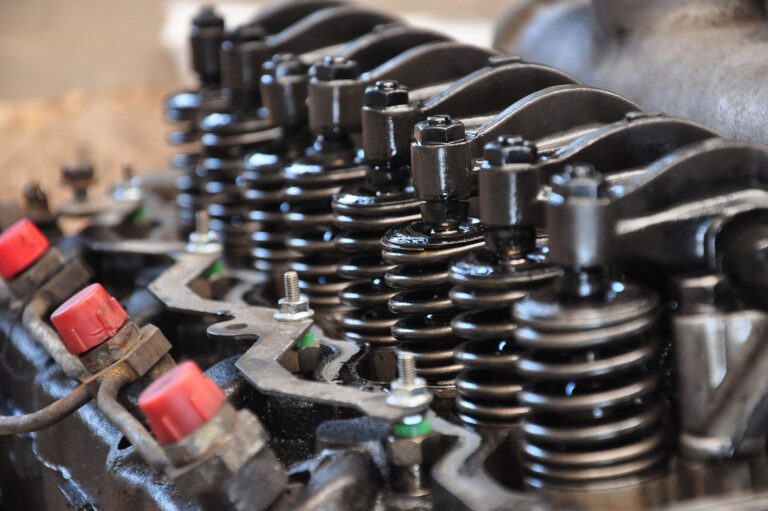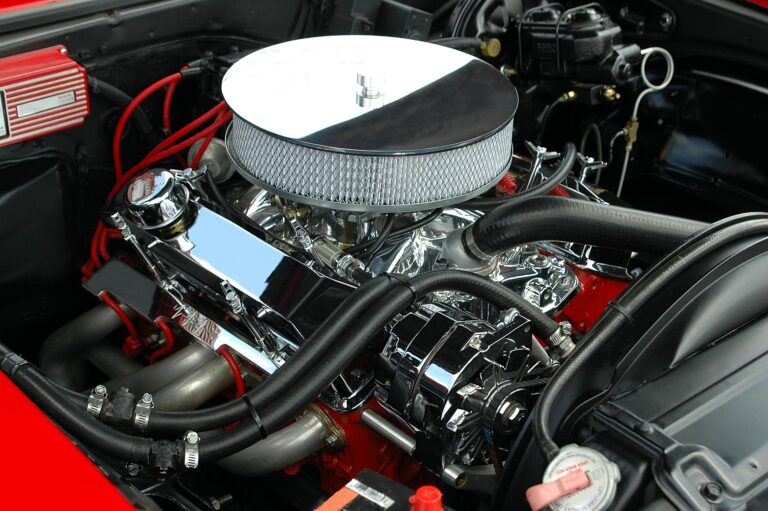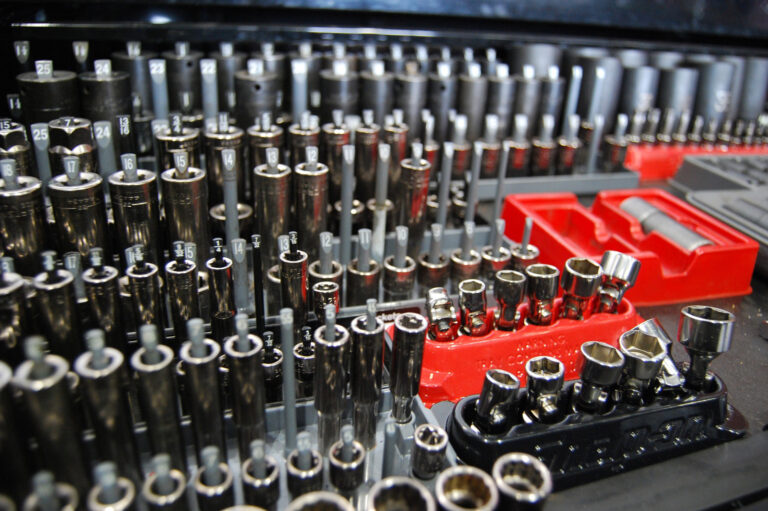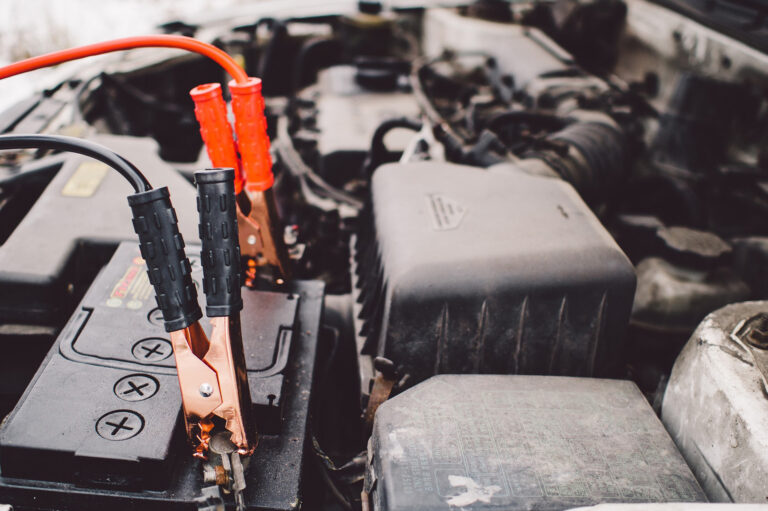SERVICES
TUNE UP
The Importance of Regular Tune-Ups for Your Car
Why Regular Tune-Ups are Crucial
A regular tune-up is one of the most important maintenance tasks you can perform to keep your car running efficiently and reliably. While modern vehicles are built to be more durable and require less frequent tune-ups compared to older models, regular check-ups remain essential for ensuring optimal performance, fuel efficiency, and longevity. A tune-up typically involves checking and replacing key components like spark plugs, air filters, and fluids, as well as inspecting the engine for any potential issues.
Ensures Optimal Engine Performance:
- A tune-up helps ensure that your engine is running smoothly and efficiently. Over time, components such as spark plugs and ignition coils can wear out, leading to misfires, reduced power, and decreased fuel efficiency. By replacing these components during a tune-up, you can restore your engine’s performance, ensuring it operates at its best.
Improves Fuel Efficiency:
- As your car’s engine components age and wear down, your vehicle may consume more fuel to perform the same tasks. A regular tune-up addresses issues like dirty air filters, clogged fuel injectors, and worn spark plugs, all of which can negatively impact fuel efficiency. By keeping these components in good condition, a tune-up helps you get the most out of every gallon of fuel, saving you money at the pump.
Reduces the Risk of Breakdowns:
- Regular tune-ups allow you to catch small issues before they turn into major problems. During a tune-up, a mechanic will inspect your car for any signs of wear and tear, leaks, or other issues that could lead to a breakdown. By addressing these problems early, you can prevent unexpected breakdowns and avoid costly repairs.
Prolongs the Life of Your Vehicle:
- Just like regular oil changes, routine tune-ups play a key role in extending the life of your vehicle. By keeping the engine and other critical components in good working order, you reduce the strain on your vehicle, which can help it last longer. Regular maintenance helps you avoid the need for expensive repairs or replacements down the line, making your vehicle more reliable in the long term.
Maintains Safety:
- A tune-up includes inspecting and, if necessary, replacing components like the brake system, belts, hoses, and lights. Ensuring that these components are in good condition is essential for your safety on the road. For example, worn-out brakes can compromise your ability to stop quickly, while a frayed belt could snap and cause a sudden loss of power steering. Regular tune-ups help keep these critical systems functioning properly, reducing the risk of accidents.
Ensures Emissions Compliance:
- In many regions, vehicles must pass emissions tests to remain road legal. A tune-up can help ensure your vehicle meets these requirements by addressing issues that might cause excessive emissions, such as a faulty oxygen sensor or a clogged catalytic converter. Keeping your vehicle’s emissions in check is not only important for the environment but also for avoiding fines and penalties.
Enhances Resale Value:
- If you plan to sell your car in the future, regular tune-ups can help maintain its resale value. A well-maintained vehicle with a documented history of regular tune-ups is likely to attract more buyers and command a higher price than a car that has been neglected. Potential buyers will appreciate knowing that the vehicle has been properly cared for and is less likely to have hidden issues.
Why Regular Maintenance is Essential
Regular maintenance is key to ensuring that your vehicle continues to perform reliably and efficiently. While modern cars are designed to go longer between tune-ups, it’s still important to follow the manufacturer’s recommended maintenance schedule.
Prevents Major Repairs:
- Regular tune-ups and maintenance allow you to catch small problems before they become major issues. For example, a mechanic might notice that a belt is starting to wear out during a tune-up. Replacing the belt before it snaps can prevent more extensive damage to your engine, saving you from costly repairs.
Keeps Your Car Running Smoothly:
- A car that is regularly maintained will run more smoothly and efficiently than one that is neglected. Regular tune-ups help ensure that your engine is properly lubricated, that the air-fuel mixture is optimal, and that all systems are functioning as they should. This translates into a smoother, more enjoyable driving experience.
Improves Longevity of Components:
- Regular maintenance helps extend the life of your car’s components. For example, replacing a dirty air filter during a tune-up can prevent debris from entering the engine, reducing wear and tear on internal components. Similarly, checking and adjusting the timing belt can prevent it from wearing out prematurely, ensuring that it lasts as long as possible.
Signs That Your Car Needs a Tune-Up
It’s important to recognize the signs that your car may be in need of a tune-up. Addressing these signs promptly can prevent further damage and keep your vehicle running smoothly.
Decreased Fuel Efficiency:
- If you notice that your car’s gas mileage has decreased significantly, it could be a sign that your engine isn’t running as efficiently as it should. This could be due to worn spark plugs, a dirty air filter, or other issues that can be addressed during a tune-up.
Difficulty Starting the Engine:
- If your car is having trouble starting, it could be a sign that your ignition system needs attention. This might be due to a weak battery, worn spark plugs, or a failing ignition coil. A tune-up can help diagnose and fix these issues, ensuring that your car starts reliably.
Rough Idling or Stalling:
- If your car is idling roughly or stalling unexpectedly, it could be due to a problem with the fuel or ignition system. Dirty fuel injectors, a clogged air filter, or worn spark plugs can all cause these symptoms. A tune-up can help restore smooth operation by addressing these issues.
Loss of Power:
- If your car feels sluggish or has lost power, it could be a sign that your engine isn’t receiving the proper air-fuel mixture or that the spark plugs are misfiring. A tune-up can help restore your car’s performance by replacing worn components and ensuring that everything is operating correctly.
Unusual Noises:
- If you hear unusual noises coming from your engine, such as knocking, pinging, or sputtering, it could be a sign that your car needs a tune-up. These noises could indicate issues with the timing, spark plugs, or other components that can be addressed during regular maintenance.
Warning Lights on the Dashboard:
- If your check engine light or other warning lights come on, it’s a clear sign that your car needs attention. While the specific issue may vary, a tune-up can help diagnose and fix the problem before it leads to more serious damage.
Regular tune-ups are an essential part of keeping your car running smoothly, efficiently, and reliably. By ensuring that all systems are functioning properly, a tune-up helps prevent breakdowns, extends the life of your vehicle, and maintains your car’s performance and fuel efficiency. Neglecting regular tune-ups can lead to decreased performance, reduced fuel economy, and costly repairs. By staying on top of your vehicle’s maintenance schedule and addressing the signs that a tune-up is needed, you can protect your investment and enjoy a safer, more enjoyable driving experience for years to come. Whether you’re commuting to work or heading out on a road trip, regular tune-ups are crucial for keeping your car in peak condition.
ADDRESS:
2100 Verdugo Blvd, Unit B & C Glendale, CA 91020
Working Hours:
Monday – Friday: 8:00 AM – 6:00 PM
Saturday: 8:00 AM – 2:00 PM
Sunday: Closed
Need Help? Give a us a Call
(818) 248-7768




